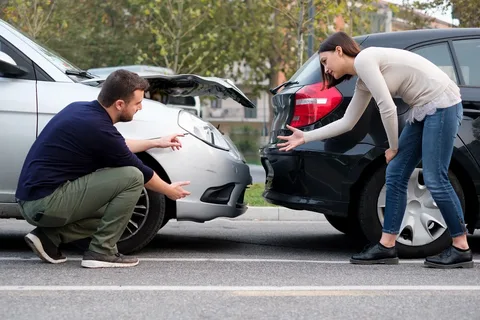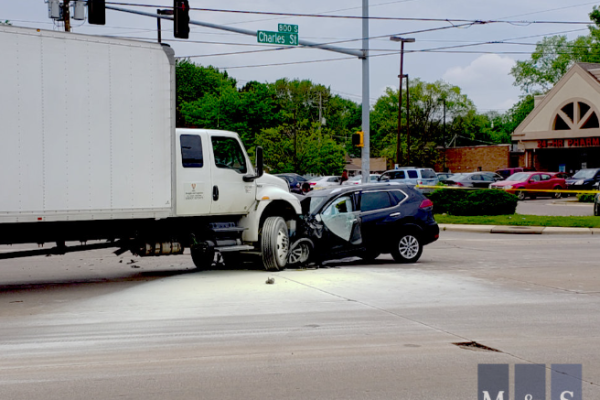Picture this: You’re driving along the beautiful roads of Florida, enjoying the sunshine and the scenery. Suddenly, the unexpected happens – a car accident. In that split second, your world is turned upside down. Amidst the chaos and confusion, knowing what steps to take in the aftermath of a car accident in the Sunshine State is crucial. Whether you’re a long-time resident or a newcomer to Florida, being prepared can make all the difference in protecting your rights and ensuring your well-being.
After a car accident in Florida, it’s crucial to take specific actions to protect yourself, ensure your safety, and navigate the legal and insurance processes effectively. Here’s a detailed explanation of the essential steps to take:
Ensure Safety
First and foremost, prioritize your safety and the safety of others involved. If possible, move your vehicle out of traffic, and activate your hazard lights. If anyone requires immediate medical attention, call 911 for emergency assistance.
Exchange Information
Florida law requires drivers involved in an accident to exchange information. This includes names, contact details, driver’s license numbers, license plate numbers, and insurance information. Be sure to obtain accurate and complete information from all parties involved.
Document the Scene
Take photos or videos of the accident scene, including vehicle damage, skid marks, road conditions, and visible injuries. This documentation can serve as valuable evidence for insurance claims or legal proceedings.
Report the Accident
In Florida, you must report the accident to law enforcement if it resulted in injury, death, or property damage exceeding $500. Call the local police or Florida Highway Patrol to report the accident, especially if there are injuries or significant damage.
Seek Medical Attention
Even if you don’t feel immediate pain or noticeable injuries, seeking medical attention is important. Some injuries may not manifest immediately, and a medical professional can evaluate your condition. Delayed injuries can still be claimed through insurance, but prompt medical attention strengthens your case.
Notify Your Insurance Company
Contact your insurance company as soon as possible to report the accident. Provide them with accurate and detailed information about the incident. Promptly report the accident even if you believe you’re not at fault.
Preserve Evidence
Preserve any accident evidence, such as medical records, vehicle repair invoices, and communications with insurance companies. This documentation will be crucial when filing insurance claims or pursuing legal action.
Consult with an Attorney
If you suffered injuries or significant property damage, consider consulting with a Tampa car accident attorney specializing in car accidents. An attorney can provide guidance, protect your rights, and ensure you receive fair compensation for your losses.
Follow Medical Treatment
Follow all recommended medical treatments and attend scheduled appointments. Adhering to your healthcare provider’s instructions not only aids your recovery but also strengthens your case for insurance claims or legal action.
Be Mindful of Time Limits
In Florida, there are time limits for filing personal injury claims. Familiarize yourself with the statute of limitations and any deadlines that apply to your case. Consulting with an attorney can help ensure you meet these requirements.
Wrapping Up
Remember, the information provided is a general guideline, and it’s crucial to consult with legal professionals and insurance representatives familiar with Florida’s laws and regulations. Their expertise will help you navigate the aftermath of a car accident and protect your rights as a Florida resident.




